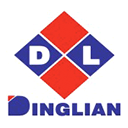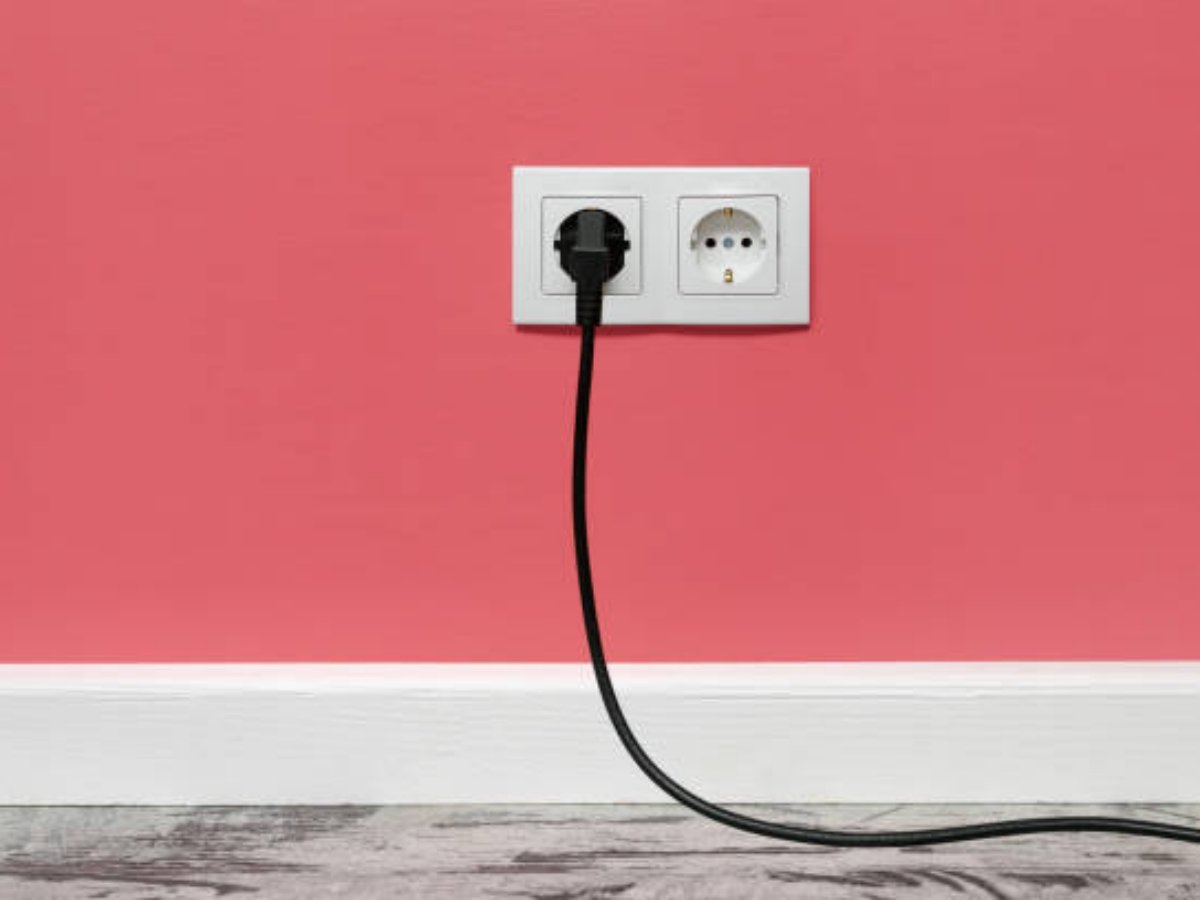A Brief Introduction to european power plugs
European power plugs are a vital component of any traveler's toolkit when visiting Europe. These plugs, also known as Europlugs or Type C plugs, are used in many European countries and have their own distinct features. In this article, we will explore the various aspects of European power plugs, including their design, compatibility, and safety considerations.
The Design of European Power Plugs
European power plugs are characterized by their two round pins and a circular grounding pin. The pins are placed in a parallel configuration, with one pin slightly larger than the other to ensure proper alignment. The circular grounding pin is an essential safety feature that helps prevent electrical shocks.
Compatibility with European Outlets
European power plugs are designed to be compatible with Type C and Type E outlets. Type C outlets are the most common in Europe and can be found in countries such as France, Germany, and Spain. Type E outlets, which have an additional grounding contact, are commonly used in Belgium and Poland. It is important to note that while many European countries use Type C outlets, some may also have their own unique plug types, so it is wise to research the specific requirements of your destination.
Adapting European Power Plugs to Other Standards
If you are traveling from a country that uses a different plug standard, such as the United States (Type A/B) or the United Kingdom (Type G), you will need an adapter to use your electronic devices with European power plugs. Adapters are readily available and can be purchased online or at most travel retail stores. It is crucial to choose a reliable adapter that can handle the voltage and power requirements of your devices.
Safety Considerations for European Power Plugs
When using European power plugs, it is important to prioritize safety to avoid electrical hazards. Here are a few essential safety considerations:
- Check the voltage: European countries typically use 220-240 volts, which may differ from your home country. Ensure that your electronic devices are compatible with this voltage range to prevent damage.
- Use surge protectors: Investing in a surge protector can help safeguard your devices against power surges and fluctuations, ensuring their longevity.
- Avoid overloading: Be mindful of the number of devices you plug into a single outlet. Overloading can lead to overheating and potentially cause electrical fires.
Traveling with European Power Plugs
If you plan to travel extensively within Europe or visit multiple countries, it is wise to carry multiple European power plugs or a universal adapter that supports European plug types. This will ensure that you are always prepared and can easily charge your devices regardless of your location.
Common Misconceptions about European Power Plugs
There are several misconceptions surrounding European power plugs. One common misconception is that all European countries use the same type of power plug. As mentioned earlier, while many countries use Type C plugs, others have their own unique standards. It is essential to research the specific requirements of each country you plan to visit.
Considerations for Expatriates and International Students
If you are moving to a European country for an extended period, it is crucial to familiarize yourself with the local power plug standards. In addition to Type C and Type E plugs, you may also encounter Type F plugs in countries like Germany and Austria. Understanding the local standards will help you efficiently adapt your electronic devices and avoid any inconvenience.
Conclusion
European power plugs are an integral part of international travel to Europe. Understanding their design, compatibility, and safety considerations is essential for a hassle-free experience. By following the tips and guidelines outlined in this article, you can confidently use your electronic devices and stay connected during your European adventures.

